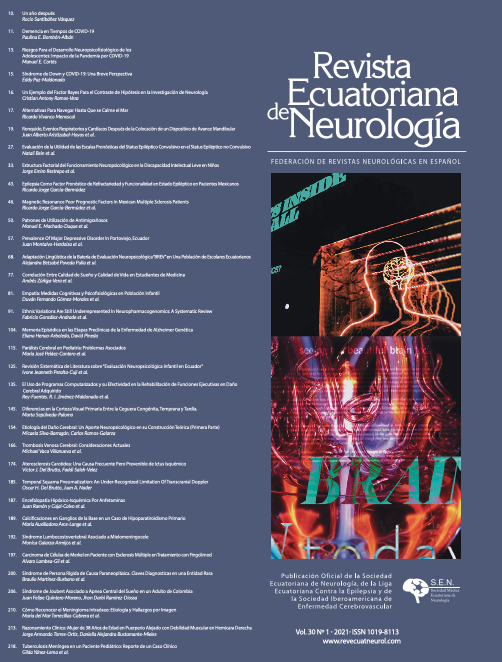Abstract
Context: There is a growing amount of evidence suggesting that specific medication responses can be linked to everyone’s genetic makeup. The advent of fast genomics and more accurate genetics has only fueled the research in understanding that link. This situation has opened exciting research fields, namely, pharmacogenetics and pharmacogenomics. Studies regarding treatment response to mental health conditions using new tools have caught much attention, especially for conditions such as bipolar disorder (BP), schizophrenia (SP), mania, and hypomania, in which the treatment response can vary significantly among patients. One-way to associate a patient’s genetics and his/her treatment response is by recalling the patient’s ethnicity. Exciting results have been found for different ethnic groups where Asian and Caucasian populations are the most studied. However, there is a profound lack of studies on African and Latin-American populations. This paper aims to show some pharmacogenetics/genomics studies of mental health disease and contrast the significant difference between population studies in this regard.
Methods: We follow the PRISMA methodology, a systematic search was performed on PubMed, Medline, Web of Science, Scopus, and Google Scholar, taking into consideration any type of studies published up to November 30, th 2019. The search contained the following terms: pharmacogenetics, pharmacogenomics, ethnicity, and ethnic groups combined with their respective treatment (antidepressants, lithium, anticonvulsant, and various types of antipsychotics) and the condition (bipolar disorder (BP), schizophrenia (SP), mania, hypomania, and major depressive disorders (MDD). In each database, an input contained terms as pharmacogenetics OR pharmacogenomics AND ethnicity OR “ethnic groups” AND “bipolar disorders” AND “lithium.”
Results: We found only 29 studies on studies on pharmacogenetics/pharmacogenomics and ethnicity/ethnic groups, 14 related to schizophrenia, 7 related to mania and major depressive disorder and, 8 with bipolar disorders. These research fields have continuously explored the link between an individual’s genetics and the treatment side effects. Even though nearly twenty genes were associated with treatment response, small changes such as a single nucleotide polymorphism can also influence the treatment response. Clozapine was the most used drug to explore its pharmacogenetics/genomics. More than half of the studies found were done on Europeans and more than three-quarters on Asians.
Conclusion: We found only five studies on pharmacogenetics of mania and major depressive disorder linked to ethnicity that involve the genes SLC6A4, ABCB1, NTRK2, SLC6A2, BDNF, PDE11A, and PDE9A, genes related to the use of fluoxetine and desipramine. Some studies suggest that the precision of using Single Nucleotide Polymorphisms (SNPs) as pharmacogenomics markers of treatment outcome, if appropriately used, could represent a significant advance in personalized medicine as two SNPs found in the same gene can yield different treatment outcomes. One expected result was that the vast amount of information found mainly reflected studies performed in Europe and Asia. However, we observed that the studies in Latino or Hispanic ethnic groups are very few, which constitutes a strong bias when choosing the appropriate drug in treating neuropsychiatric diseases, especially to understand any ethnic drug responses and take advantage of this growing and exciting field.

